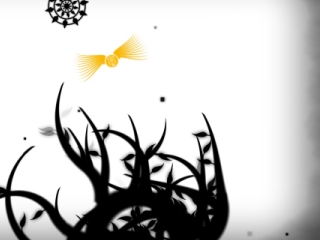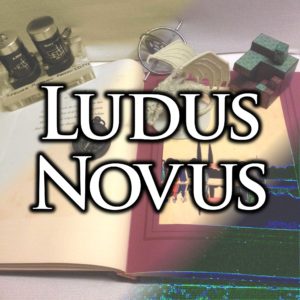“The 99th” over at Play This Thing! posted a list of the top ten most important games in history. It includes such things as family, fiat money, and Passage. I’ve got issue with a lot of things about this list.
First, as with most top ten lists, there is an issue of definition. What is a game? The much-lauded Chris Crawford has claimed that a game must be made for money, must have a goal, and must allow you to attack your opponent, among other things. By this definition, The Sims, Tetris, and the original release of Cave Story are not games. Many other definitions of games include “fun,” “play,” or “artificial,” although mathematical game theorists would vehemently argue otherwise. Let’s see if we can come up with a definition in the spirit of The 99th’s list.
For the purposes of this post, a “game” is a goal-oriented activity with artificially-established rules that are shared among multiple participants, called “players.” Players need not play simultaneously or adversarially. By “historically important,” I choose to mean “most significantly contributed to and/or were most necessary for the existence of the sort of games I discuss on this site.” As an initial disclaimer: I am not a historian. Now, for my version of The 99th’s list.

